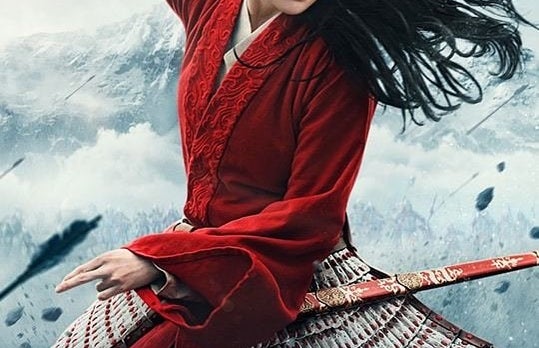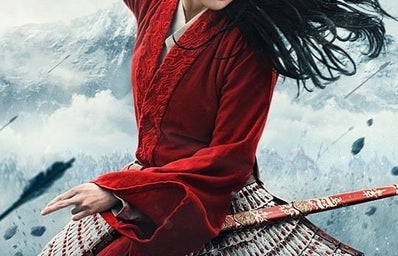After a long-awaited arrival, combined with a delayed release due to the pandemic, the live-action version of Mulan has finally arrived.
I don’t know about you, but Mulan is one of my favourite Disney films, so hearing about the remake was intriguing to say the least. I have to admit, when it was revealed there would be no Mushu, General Shang or music, I was sceptical of how the film would live up to the original. Already, a lot of the things I loved that created the light-hearted, comedic aspect of the film weren’t going to be included.
However, the film did a good job of honouring the story of Mulan and Chinese culture, as well as capturing the audience’s attention and hearts as we followed her on her journey.
The premise of the film was still the same: Mulan disguised herself as a male soldier to take her father’s place in the war. But there were some differences which changed the feel and tone of the film, making it more serious in nature, thus more empowering.
One difference was that there was a bigger spotlight on fighting scenes in this film. There were more explicit fight sequences throughout, as well as an emphasis on Mulan’s fighting ability. It was said that Mulan had strong chi (a natural energy and life force) which allowed her to home in on her martial arts skills, and ultimately save China.
Even though Mushu wasn’t featured in the film, Mulan wasn’t alone, as she still had an ancestral guardian – the Phoenix. Although it wasn’t a companion, the Phoenix helped to guide Mulan in times of weakness and when she needed strength.
Another key difference was the antagonist, as well as the threat to China. In the original, the army were fighting against the Huns and their leader Shan Yu, whereas in this film they were fighting against Rouran warriors and their leader Bori Khan. On top of that, Khan had help from a witch, Xianniang, who was a vital ally with shapeshifting abilities that were used to infiltrate the emperor’s palace.
The fact that we saw not one, but two powerful women in this film, resonated the message of female empowerment. This film displayed the important message that women can do just as much as men can and should be accepted, rather than ostracised, when displaying power. As long as you show bravery, honesty and have true intentions, there’s no reason why you shouldn’t succeed, regardless of gender.
The only negative critique that I have is that we don’t connect with the soldiers as much as the original, causing them to feel like secondary characters. It could be the lack of music that caused the distance between them and the audience, as we don’t get to know their personalities as well as in the original. As a result, the sense of camaraderie between the soldiers and Mulan was missing, appearing as if they didn’t bond as much.
Overall, the film was a good remake. It clearly highlighted a range of topics important in today’s climate, such as, misogyny, sexism and female empowerment. It also held my attention with the intricate fight scenes (especially the one-on-one with Mulan and Khan at the end). However, nothing will replace the original in my heart. With its spectacular soundtrack and lovable characters such as Mushu, Yao, Ling and Chien-Po, it was definitely a hard film to beat.
Words By: Tamikka Reid
Edited By: Mary White


